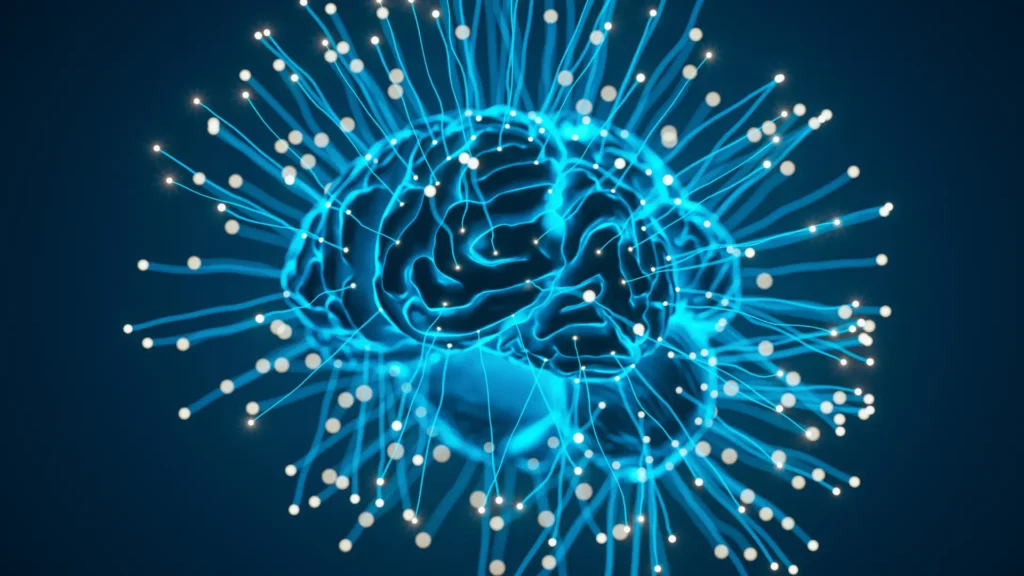Your fundamental beliefs about your own abilities are a significant variable in the equation of your success and happiness. These beliefs, which operate largely unconsciously, create the framework for how you approach everything from your career to your personal relationships. The most important distinction in these belief systems is what is known as your mindset.
The Idea: Two Views of Ability
At the heart of mindset theory is a simple but profound dichotomy in how people view talent and intelligence. One view holds that these qualities are innate, like eye color—you either have them or you don’t. The other view sees them as skills that can be cultivated, like a muscle that grows stronger with exercise. This fundamental difference in perspective creates two entirely different psychological worlds.
Defining the Mindsets: The Work of Carol Dweck
This concept was brought to light through the groundbreaking research of Stanford University psychologist Carol S. Dweck. After decades of studying achievement and success, she identified two main mindsets that shape our lives: the fixed mindset and the growth mindset.
- A fixed mindset is the belief that your basic qualities, like your intelligence or talent, are simply fixed traits. This leads to an urgent need to prove yourself over and over, as any failure is seen as a definitive measure of your limited capacity.
- A growth mindset is the belief that your most basic abilities can be developed through dedication and hard work. This fosters a love of learning and a resilience that is essential for great accomplishment. This perspective is often encapsulated by the power of yet—the understanding that skills are not absent, but merely undeveloped.
Growth vs. Fixed Mindsets – A Comparison
The mindset you inhabit determines how you interpret and respond to the world. The differences are most apparent in how each mindset handles key aspects of life and learning.
| Area | Fixed Mindset Response | Growth Mindset Response |
|---|---|---|
| Challenges | Avoids challenges to avoid the risk of failure and appearing untalented. | Embraces challenges as opportunities to learn, grow, and improve. |
| Effort | Views exertion as evidence of low aptitude; believes high ability should preclude the need for striving. | Views effort as a vector for mastery, provided it is coupled with metacognition and effective strategy shifting. |
| Setbacks & Failure | Takes failure personally, seeing it as a definitive statement about their fixed abilities. Tends to give up easily. | Views failure as a data point—a learning opportunity and a natural part of the growth process. Persists in the face of setbacks. |
| Feedback & Criticism | Ignores or becomes defensive in response to useful negative feedback, viewing it as a personal attack. | Seeks out and learns from criticism. Values feedback as crucial information for improvement. |
These contrasting responses create self-fulfilling prophecies. The individual with a growth mindset actively seeks opportunities to improve and, as a result, gets smarter and more skilled over time. The individual with a fixed mindset avoids these same opportunities to protect their ego, thereby stagnating their own development.
The False Growth Mindset
A critical misapplication of the theory, the false growth mindset, has also been addressed. This phenomenon occurs when educators or individuals praise sheer effort (“You tried your best!”) regardless of the outcome or learning progress. True growth mindset is not merely about effort; it prioritizes the acquisition of new strategies and the solicitation of input when current methods fail. Validating ineffective effort without correcting the learning process reinforces a fixed mindset by rewarding stagnation rather than mastery.
The Science Behind a Growth Mindset
The concept of a growth mindset aligns with a well-established principle in neuroscience: neuroplasticity—the brain’s capacity to reorganize its structure and function in response to experience, learning, and environmental demands. Far from being a fixed organ, the brain remains largely “flexible” throughout life, adapting through mechanisms such as synaptic strengthening, dendritic branching, and changes in neural network efficiency. This biological reality contradicts the entity theory of intelligence, which posits that cognitive traits are immutable.
When individuals engage in sustained practice or confront cognitive challenges, the relevant neural circuits are repeatedly activated. This repeated activation can lead to long-term potentiation (a strengthening of synaptic connections) and, over time, may promote myelin plasticity—the activity-dependent formation and remodeling of myelin sheaths around axons by oligodendrocytes. Myelination enhances the speed and synchrony of neural signaling, which supports more efficient information processing and skill consolidation.
Research also suggests that teaching learners about neuroplasticity can support a growth mindset, which in turn positively influences motivation, academic achievement, and even patterns of brain activity. Thus, embracing a growth mindset isn’t just a psychological stance—it reflects an awareness of how effortful learning physically shapes the brain. In this sense, cultivating a growth mindset can be seen as a way of consciously engaging with the brain’s inherent capacity for change.
Growth Mindset Benefits
Cultivating a growth mindset has real and far-reaching benefits across all areas of life, leading to greater success and well-being.
- Psychological Resilience: Individuals with a growth mindset are less afraid of failure and better equipped to handle setbacks. They experience lower levels of stress and anxiety because challenges are viewed as temporary and surmountable, not as a final judgment on their worth.
- Enhanced Learning and Mastery: In education and skill acquisition, a growth mindset is the key to achieving mastery. It fosters a love for learning, a willingness to engage in deliberate practice, and the grit to stick with difficult subjects until they are understood.
- Professional and Leadership Success: In business, this mindset promotes innovation, adaptability, and effective teamwork. Leaders with a growth mindset inspire development in their teams and are not afraid to learn from their mistakes, leading to more dynamic and successful organizations.
- Healthier Relationships: In personal relationships, a growth mindset allows for greater understanding and the ability to work through challenges. It promotes the belief that both you and your partner are capable of growth and change, which is essential for long-term connection.



